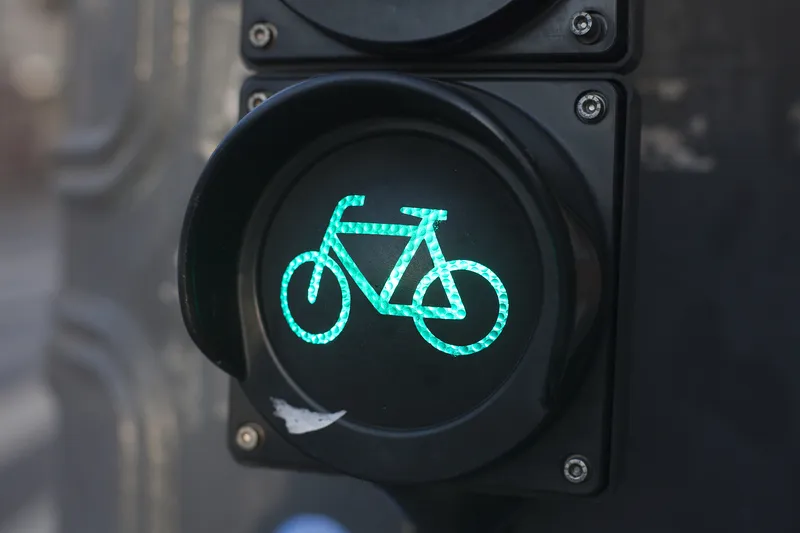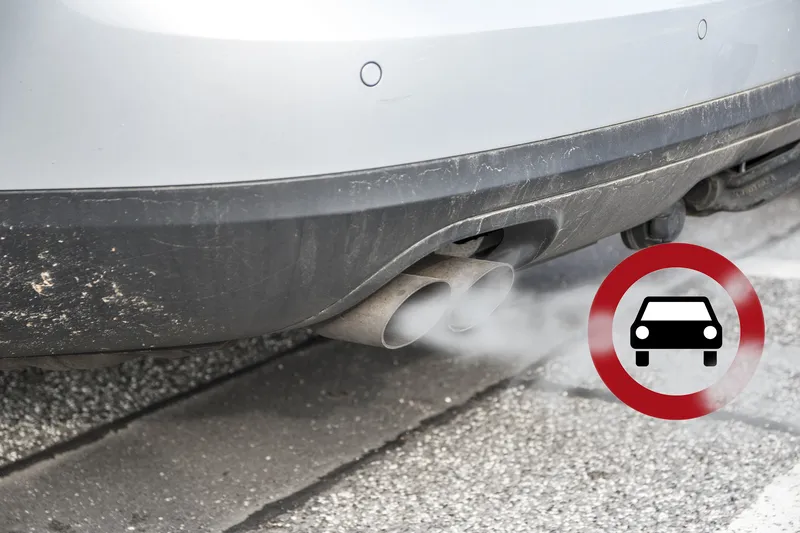
VivaCity has launched its new AI signal control technology, AI for Detection.
The solution integrates VivaCity’s multimodal road user data into existing urban traffic control (UTC) systems: it is compatible with Yunex, Swarco and Telent signal controllers.
The firm say this enables junctions to operate more efficiently by responding to real-time demand and allows optimisation for active travel road users and the setting of multiple detection zones.
It also offers a range of traffic monitoring datasets, including vehicle paths, classified counts of a range of transport types, including e-scooters, pedestrians, cyclists and buses, along with anonymous journey time data and speed insights.
Leeds City Council in the UK has over 180 AI for Detection sensors across 25 sites, which VivaCity says means more dynamic and responsive signal control and less stop-start traffic.
The sensors can be optimised for active travel by detecting cyclists approaching the crossing from up to 70m away and providing a green signal for their arrival.
Joel Dodsworth, urban traffic management & control manager at Leeds City Council, says there have been "increasing problems with congestion and pollution" in the city.
"We’re seeing real potential for this technology to improve our bus network because it will enable us to prioritise buses at junctions more effectively at crucial times of the day, while also balancing the needs of pedestrians and cyclists," Dodsworth adds.
VivaCity says AI for Detection is a multimodal alternative to induction loops, "with reduced maintenance liability and maximised responsiveness".
CEO and co-founder Mark Nicholson says: “There is a real need for data to help better inform councils and local authorities, enabling them to level up their infrastructure in towns and cities."









